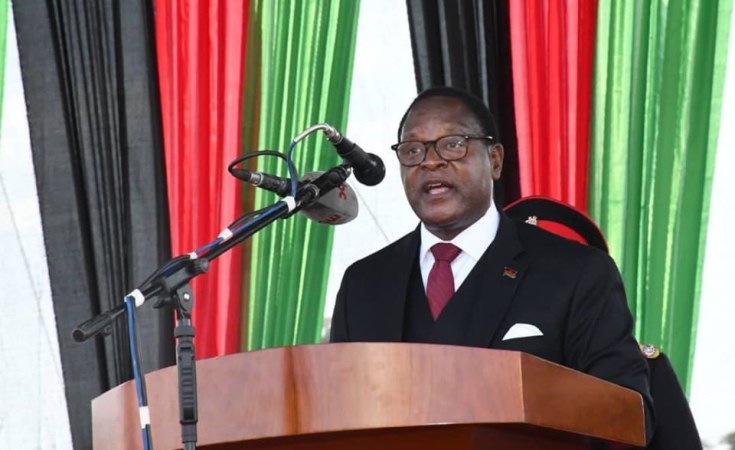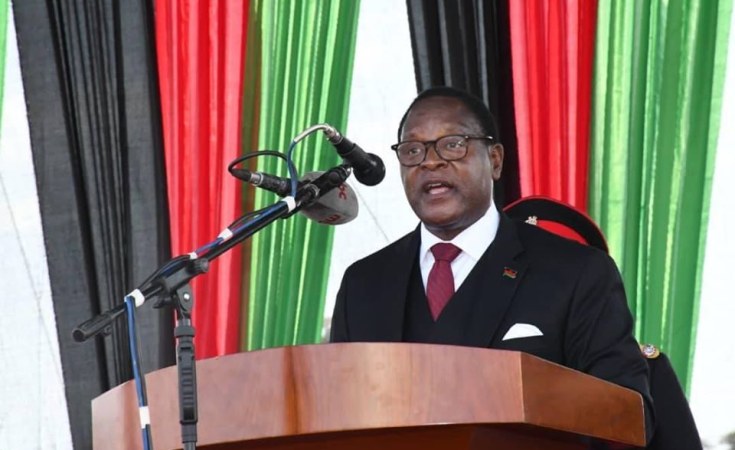

Almost nine out of 10 Malawians say the country is heading “in the wrong direction.
Key findings
- Nearly nine out of 10 Malawians (89%) say the country is heading “in the wrong direction,” a 39-percentage-point increase since 2012.
- Large majorities offer negative assessments of economic conditions: 85% describe the country’s economic situation as “fairly bad” or “very bad,” and 74% say the same about their personal living conditions.
- Looking ahead, Malawians are pessimistic about the country’s economy: Only 16% think things will get better in 12 months’ time, while 63% expect them to get worse.
- More than eight in 10 citizens say the government is performing “fairly badly” or “very badly” on management of the economy (85%) and other key economic tasks.
- Management of the economy tops the list of most important problems that Malawians want their government to address.
- Almost two-thirds (63%) of citizens say they went without a cash income “many times” or “always” during the previous year, and 35% frequently went without enough food.
- Almost four in 10 Malawians (37%) experienced high levels of lived poverty during the past year, while another 38% experienced moderate lived poverty.
The socio-economic landscape of Malawi presents a complex web of opportunities and challenges. The country is rich in potential, resources, culture, and human capital, yet its people have long grappled with poverty, unemployment, and limited access to basic services (World Bank, 2023; Chunga & Tsoka, 2022).
Exacerbated by the disruptive effects of the COVID-19 pandemic, the Russia-Ukraine war, and last year’s deadly Cyclone Freddy, the country’s economic woes are reflected in high inflation and shortages of petrol and foreign currency. The Malawian kwacha was devalued by 25% in May 2022 and again by 44% in November 2023. In November, President Lazarus Chakwera suspended all international travel for his government, including himself (Jegwa, 2023; Al Jazeera, 2022; World Bank, 2023; African Development Bank, 2023).
The International Monetary Fund (2023) has approved a U.S. $175 million loan that “aims to support the authorities’ commitment to restore macroeconomic stability, build a foundation for inclusive and sustainable growth, including to strengthen resilience to climate-related shocks, and address weaknesses in governance and institutions.”
How do ordinary Malawians assess their country’s persistent economic challenges?
Findings from Afrobarometer’s 2022 survey show that citizens overwhelmingly see their government as failing on economic issues and believe that their country is going in the wrong direction. Few are optimistic that things will improve in the near future.
Eric Otu Beecham Eric Otu Beecham is a monitoring, evaluation, and learning assistant for Afrobarometer.


